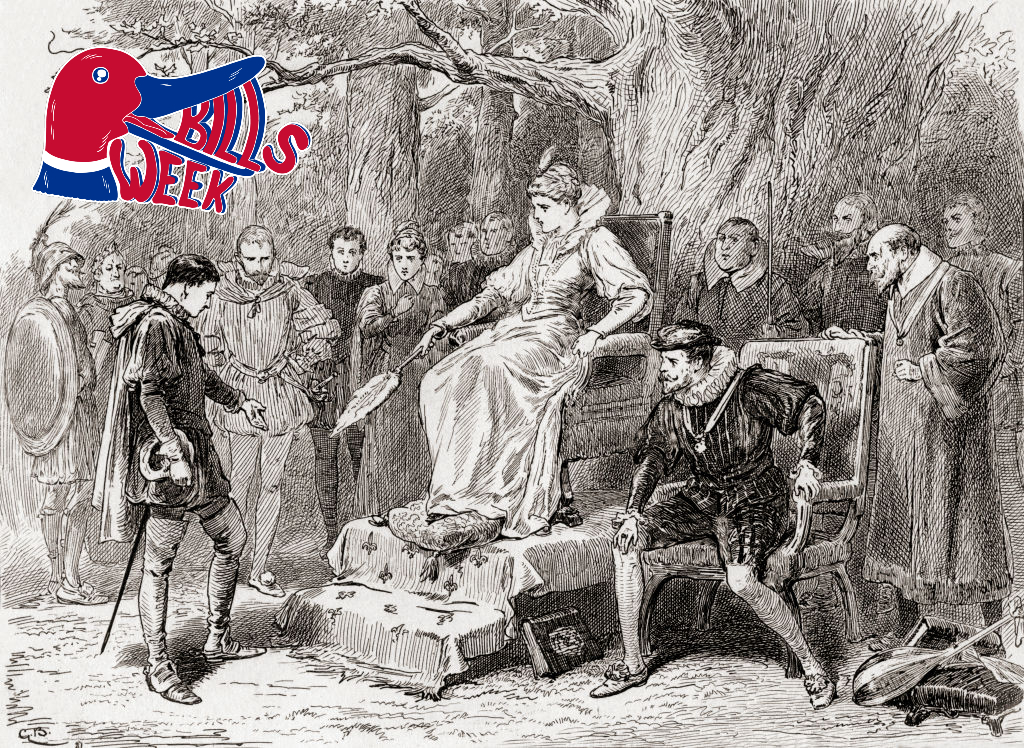One advantage I have always held in the literary arts is speed. I am a fast reader and an even faster scanner. I can draft quickly, churning out hundreds of words as if turning on a spigot. It's an advantage in the age of quantity, and the ability to write a lot all the time is one I never take for granted. But it is a blessing as often as it is a curse. What you lose with speed is often beauty, care, and intention. If I wrote as fast as my brain would prefer (at the speed of light), there would never be a good turn of phrase, and I would hate myself. But I hate myself all the same when I force myself to go slowly in order to make something beautiful and creative, because it is so hard for me to do so.
For a piece I really care about, I have a lot of tricks to convince my brain to slow down, and think more critically and carefully about the words in front of me. I sometimes write longhand before transcribing to the computer. To revise, I will read the sentences from bottom to top to make sure they all stand up on their own. And when I'm feeling very bogged down and uninspired by the English language, I read Shakespeare.
It's a cliche to be an English-language writer who loves Shakespeare, but sometimes cliches exist for a reason. To read Shakespeare—for me at least—is to luxuriate in language. I am not familiar enough with the texts to read them quickly, and like reading in a second language, I have to stop often to look up terms and phrases and consult secondary texts to make sure I'm understanding what's in front of me. This is good for my brain, even though it is hard work. Usually, I tend toward Shakespeare's tragedies. Maybe that's my predisposition toward works that are heavy emotionally. I love all of the four greats (Hamlet, Othello, King Lear, and Macbeth), but who doesn't?
Though I know the plays are meant to be performed and have seen many Shakespeare productions in my life, reading them feels like stretching open my mind. There is so much beauty to be found in constraint, in the clear effort and care of these texts, where every word contains depth and purpose and intent. Even the plays I don't like (sorry, A Midsummer Night’s Dream) have moments where the turns of phrase jar me out of the glaze of reading and into the present of the words and their power.
The one play, though, that I have always neglected is Love's Labour's Lost. My rejection of it hasn't been all that intentional. It is hard to stage because it involves multiple eavesdropping conversations, so I have never seen it live. It is one of his earliest comedies and so, like many early works, it is sloppier and less controlled. But the real problem with Love's Labour's Lost is that it is riddled with references. There's so much wordplay, so many time-specific callouts, that the play fell out of fashion for a few centuries because audiences just didn't get the punchlines. Because of this, every other time I've read the play, I've tried to do so with supplementary material, and then I've rapidly lost momentum. This isn't just the distance between centuries-old English and modern speaking. It's the distance of lived experience. The Folger Shakespeare Library calls this distance "static," as if we are listening (or reading) this work of Shakespeare through a haze of time: able to get the gist, if not the entire meaning.
I hate the static. I do not want to get the gist of a great work of literature. I want to drown in it, swallow it, enjoy it in all its glory. It's arrogance that has kept me all this time from trying a different way into the play. But it is Bills Week, after all, and William Shakespeare is a Bill, so last week I gave it another shot.
This time, I decided, I was going in blind. I asked the biggest Shakespeare head I know, my friend Lucy, to give me some basics on the play's plot, and then I decided to just try to tackle it the good old-fashioned way: by sitting down on my couch and reading it aloud.
I have the collected works of Shakespeare in the New Temple editions. I bought these editions because they have red spines, and I think that they look very nice all lined up on my shelf. When I purchased them a few years ago, I didn't give much consideration to their interior style, but as I've read more and more of them, I've really fallen in love. The New Temple Shakespeares do not divide the text very prominently. The acts and scenes are noted in the top right corner of each page, but otherwise the editors chose not to chop up the action with section breaks. Because of this, the plays are easier for me to read as stories without getting bogged down thinking about the staging of it.
To read this way—slowly and with difficulty—reminded me of childhood. It's mentally exhausting to read something that you cannot digest easily and quickly. But unlike other times, when I had been so desperate to understand it all, I allowed myself the freedom to miss things, or to have a joke go over my head. I let the play open itself up before me, and to my surprise, I found myself having so much fun reading it.
Love's Labour's Lost is a funny play, even in premise. The play opens with the King declaring that he and his attending men will all become celibate for three years, and that this celibacy includes even speaking to a woman. Immediately, this oath becomes a problem, because the silly King forgot that the Princess of France is supposed to arrive at his house instead of her father, who is old and ill. He can't speak to her! He vowed not to! And then of course, even without speaking to her, he and his three buddies fall madly for her and her three buddies. How could they not?
Because the political references and contemporary allusions were lost on me, I spent more time appreciating the wordplay throughout the text, enjoying parrying back-and-forths like this one:

The way this funny repartee flies through the scene, with all of the quick transitions and shifts and homonyms, also creates a sexual tension between the characters. It's grade-school flirting. You can feel it in the sharpness of "Now God save thy life" followed by "And yours from long living." It's cutting and silly and imbued with attraction.
At its heart, I think Love's Labour's Lost is really about self-perception. The women are the center of the play, though they are not the protagonists. They arrive, and the men become immediately obsessed with and disgusted by them. The men think they are whores and also goddesses. They think the women have been sent here to seduce them and ruin their lives (their oaths) and that the women are also blessings sent to better their lives. Much of the fourth and fifth acts are made up of these various men writing poems for the women and then eavesdropping on one-another's poems. But the women do not see themselves this way. In fact, they are bewildered by the men's assumptions that they will want to marry. The women have fun fucking with them—dressing up as one another, donning masks, and getting the men to proclaim their love for the wrong woman.
The play ends not with a wedding, as many comedies do, but with another vow: The women ask the men to prove their love by waiting a year and a day for them, and then they leave. An oath, then, keeps the men from love at both the beginning and the end: one enacted by the king, the other demanded by the women. But between the oaths, obsession shines, and the writing does too. It's saccharine and rhythmic and such a delight to luxuriate in. Here is a stanza from one of the love poems one of the men writes:
Nor shines the silver moon one-half so bright
Through the transparent bosom of the deep
As doth thy face, through tears of mine, give light.
Thou shin’st in every tear that I do weep.
Most of Love's Labour's Lost is written in iambic pentameter. What that means, really, is that the lines are written to the rhythm of your heart beating (da-DUM, da-DUM, da-DUM) five times. At its most pure, iambic pentameter's stronger syllables should always be the second, fourth, sixth, eighth, and tenth, because that is the DUM of the heartbeat. As many people smarter than me have studied (especially Marina Tarlinskaja), Shakespeare's early plays stick more carefully to that rhythm. I love the stanza above because it feels so certain in that emphasis, so romantic in its abidance of those laws.
It took me a few days to read the play, even though it's only 108 pages in my book, because the more I let the words wash over me, the more I wanted to savor them—to spend time with this play that I still don't fully get. It slowed me down, and so it gave me what I really wanted most of all: the extravagance of time.
We are encouraged—by capitalism, by jobs, by hustle culture, in my case by being a Virgo—to optimize our lives. In the way that meals are delivered in boxes with ingredients pre-cut so that you can simulate the idea of cooking at home without actually "losing" any time, reading is undergoing a similiar kind of acceleration. At the end of every year now, there is a huge debate about how many books a person should read annually, because some people are reading more than 300. People are listening to audiobooks on 2x speed. I feel like more and more, people see cramming things into the brief lives they have until every moment is optimized and cramped as an asset and not a flaw.
To read something difficult and beautiful is to force yourself to spend time on it. It's a demand of yourself that you slow down and think and breathe. It is a luxury to have that time. But what's rarer for me is to have the time and not squander it with garbage that can be gobbled up quickly and easily. I don't think that art is meant to be gobbled. Some entertainment is for gobbling, sure. But art is supposed to be savored. Its richness and its worth is visible through focus. It gives the time you spend with it a purpose, filling the hours with something inspiring and beautiful or at least thought-provoking. I am always forgetting this. It is so easy to forget about making time for art when the beautiful glow of the many screens beckon to you.
I'm glad I spent my last week with Love's Labour's Lost, struggling and reading and opening my mind. I hope I can remember how good it felt for a long time.






